Kāpiti and Horowhenua’s Mills Albert wins coveted Electra BKH Business of the Year 2023 Award
Kāpiti and Horowhenua’s Mills Albert wins coveted Electra Business of the Year 2023 award.
Paraparaumu-based contracting and forestry business Mills Albert has won the coveted Electra Business of the Year 2023 award.
The company won the main award at the Electra Business and Innovation Awards, held at Southward Car Museum on Thursday.
“It means a lot,” company director and co-founder David Mills said.
“We were massively excited and immensely proud.
“It was very special and comes shortly after winning the ACC Gold Awards for health and safety in the workplace for the Wellington region.
“It gives everyone a reason to walk with their head up and be proud of what they’re doing.
“You’ve got to keep at it though because you’re only as good as yesterday.”
The idea for the company started in the late 1990s when Mills and his wife Lisa Mills-Albert “dared to dream around a kitchen table about what we’d do”.
They formed the company in the year 2000 with Lisa’s brother Phillip Albert, who worked in the New Zealand Army on the engineering side.
“Lisa was in the office and Phillip and I were out doing the mahi,” Mills recalled.
After taking their time to get the company on a sure footing, it really developed from 2002.
“We started with a Hilux and trailer out of our basement and worked out of there for several years.”
They rented machinery until they in a position to buy their first truck, a Mitsubishi Shogun, which they still have, and then bulldozers, excavators and so on.
It wasn’t long before Albert left the business to pursue his army career, which saw another brother, Paul Albert, join the fold and become the general manager.
With some established contractors in Kāpiti, the company didn’t work in the district a lot in the beginning.
“We worked regionally more than anything but that gave us a grounding for what we’ve got now,” Mills said.
“We work between Taranaki and Wellington and we’re very diverse in what we take on.”
The company, which is now located on Nikau Palm Road [the road to Nikau Valley], does work such as forestry roading, harvesting, drainage, general civil earthworks, coastal and river protection, rock supply, subdivision work, work for Kiwirail, emergency response, roadworks, and more.
“Every form of civil works really,” Mills said.
One of the new ventures is recruitment training, which the company is excited about.
The company has about 110 fulltime staff and an additional 20 per day from temp agencies and subcontractors.
“We had a strategic meeting the other day and we’ve got a responsibility to probably put 400 to 500 meals on the table every day,” Mills said.
“It’s a totally different beast to what we started.”
Mills said the company had “a very good crew around us”.
“You’re only as good as the people around you.”
He said staff created their own set of work values, which had been very important on a day-to-day basis.
The four values are: versatile (karawhiua) - “We are multi-talented and up for the challenge”; proud (mana) - “We respect our people, our work and the land”; pioneering (auahatanga) - “We create the path and lead the way”; and whānau (kotahitanga) - “We are one”.
“It has been a real asset to us,” Mills said.
The judges commented: “Mills Albert has demonstrated that it is an excellent business through its commitment to success for the business and individual staff. It has an impressive and innovative business strategy that addresses the challenges of finding and retaining key skilled staff and to acquire scarce resources. Mills Albert’s commitment to its staff and customers sets a very high standard. It has deployed a range of clever measures to create an excellent workplace culture. The approach to projects ensures collaboration, teamwork and high customer satisfaction. It is an impressive example of planning for and implementing sustainable business practices, including minimising their carbon footprint through reducing direct carbon emissions, such as the use of solar power.”
photo credit - captured by Friday



